The politics of radical nationalism in Nigeria was given a boost on 16th February 1946 when some youth activists, under the leadership of M.C.K. Ajuluchukwu, Abiodun Aloba, Nduka Eze and Kolawole Balogun launched the Zikist Youth Movement. An anti-colonial and national liberation movement named after the country's undisputed political and intellectual giant, Dr Nnamdi Azikwe. Though, the youth movement was inspired by the general radicalization of politics in the post World War Two era. It was through the dissemination of news - via the earlier established West African Pilot Newspaper- that the Zikist movement could actualize it's radical nationalism goals.
Established in 1937, the West African Pilot Newspaper, had more than any newspaper in Nigeria, taken upon itself the task of mobilizing youths for the anti-colonial and Nigerian independence struggle. The newspaper was keen on enlightening it's readers, many of whom didn't have the luxury of formal education and exposure that we enjoy today, and demonstrating to them that the African was not inferior, in any respect to the colonial master, the white man.
The motto of the newspaper: 'show the light and the people will find the way', brought about sharply, it's political mission to set the people free by showing them the light. The newspaper was so popular then that Chief Obafemi Awolowo, who was a reporter at the Nigerian Daily Times- the country's foremost newspaper, was well aware of the Pilot's impact in reaching out to common Nigerians, especially young people. In his autobiography, Awolowo maintained: 'the pilot is a fire eating and aggressive nationalist paper of the highest order. It was naturally very popular, the very thing the youth of the country had been waiting for.' As a result of the growing popularity of the Pilot, the more established Nigerian Daily Times was swiftly reorganized with an injection of a substantial amount of foreign capital (which the pilot didn't have), new editorial team and a new British Editor came on board. It's most unfortunate that Newspapers in Nigeria today have been reduced to mere baby lotion, used for the sole purpose of masturbating the sensibilities of our perverted leaders.
The motto of the newspaper: 'show the light and the people will find the way', brought about sharply, it's political mission to set the people free by showing them the light. The newspaper was so popular then that Chief Obafemi Awolowo, who was a reporter at the Nigerian Daily Times- the country's foremost newspaper, was well aware of the Pilot's impact in reaching out to common Nigerians, especially young people. In his autobiography, Awolowo maintained: 'the pilot is a fire eating and aggressive nationalist paper of the highest order. It was naturally very popular, the very thing the youth of the country had been waiting for.' As a result of the growing popularity of the Pilot, the more established Nigerian Daily Times was swiftly reorganized with an injection of a substantial amount of foreign capital (which the pilot didn't have), new editorial team and a new British Editor came on board. It's most unfortunate that Newspapers in Nigeria today have been reduced to mere baby lotion, used for the sole purpose of masturbating the sensibilities of our perverted leaders.
In the late 1940, the urban youth were overwhelmed. They moved into action to set up the youth Movement. Often displaying a spartan discipline in their activism, the youths were brave and uncompromising, and not surprisingly, some of them were sent to jail by the British colonial administration. Though the group was short-lived, its members' struggles turned into triumph when on October 1st, 1960, Nigeria severed the umbilical cord from her colonial parent. Members of the Zikist movement later became key members of the NCNC party, and influential politicians of the newly independent Nigeria.
Throughout the course of its existence, the Zikist Youth Movement had four major objectives:
i. Zikism holds that self-determination constitutes the inalienable right of the people, and that colonialism is wholly incompatible with this right.
ii. Zikism accepts the Marxist thesis that the economic factor conditions the moral, legal and political aspect of development in any society and therefore urges the need for a just distribution of national wealth.
iii. Zikism strives towards the establishment of “the Zikist Way of Life” and to make the Movement an effective organ of expression for the revolutionary youth.
iv. Zikism represents the revolt of the youth against the desecration and vicious influence of imperialism in Africa, and against the complacence and reactionary tendencies of old Africa in a fast changing world."




















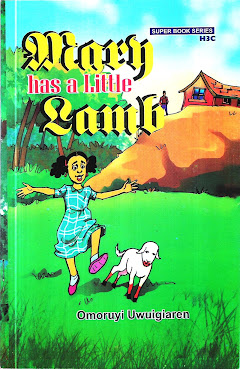
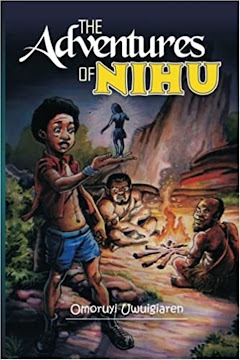


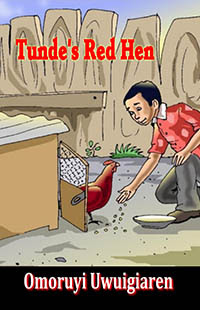




































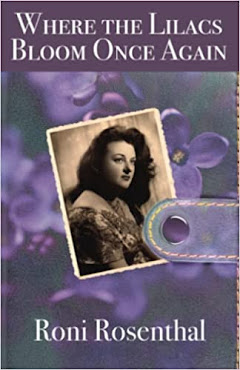
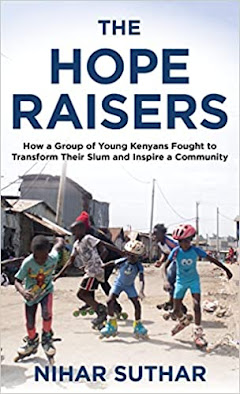
























































No comments:
Post a Comment